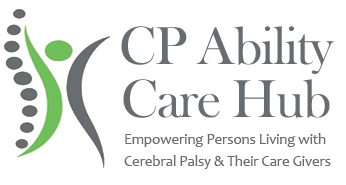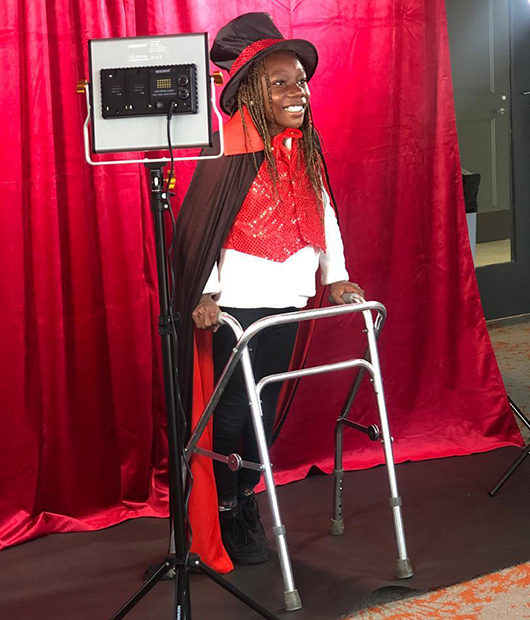The 4 general types of education available for children with disabilities are:
- 1. Public school
- 2. Private school
- 3. Homeschool
- 4. Tutoring
Factors such as learning disabilities, limited mobility, and the family's financial situation must be considered when determining which program best fits a child with CP.
Public School for Cerebral Palsy Students
Public schools are the largest provider of general and special education services. They offer many benefits for children with all types of cerebral palsy.
Public school is a good choice for families who want a free education for their child. Public school provides a chance for children to learn and socialize with their peers, which helps prepare them for independence and develop social skills.
A notable disadvantage to choosing public school for cerebral palsy special education is the unreliability of services across school districts. If the child changes locations or transfers schools, they may fall behind if the curriculum or disability accommodations offered aren't the same.
Also, there tends to be a lack of information made readily available to parents about the services provided by cerebral palsy support organizations. This can result in a less-than-ideal educational environment for a child with CP.
Private School for Cerebral Palsy Students
Private school for a child with a disability can be an excellent option for those with specific needs or restrictions that would directly impact their education.
The two general types of private schools are:
- Conventional private schools
- Special education centers
Both types of schooling present advantages and disadvantages for a child with CP that should be considered.
Understanding the severity of your child’s condition can play a huge role in determining what cerebral palsy education resources your child may need.
Conventional Private School for Cerebral Palsy Students
Enrolling a child with cerebral palsy in a private school can offer several benefits. Many private schools offer the opportunity to receive religious instruction. This can be a great option for families who value incorporating faith into education.
Another advantage of a conventional private school is that the classrooms typically have smaller student-to-teacher ratios. This can benefit a child who requires additional attention and support since they will typically receive more personalized attention.
A private school can provide a supportive environment for children with cerebral palsy to thrive academically and socially. However, some private schools have admissions processes and may decide they cannot meet your child’s needs. Additionally, private schools can be expensive and may not fit your family’s budget.
Special Education Centers
There are various education centers devoted to children with physical impairments, like CP.
These education centers typically have specialized equipment, technology, and coursework, and special education teachers who are trained to educate students based on each child's abilities.
One disadvantage of this form of private education is that it can be costly.
Options for Homeschooling
Parents who decide to provide cerebral palsy special education at home should be ready for immense devotion, patience, and care. If the proper attention is given, homeschooling can be a highly beneficial method for educating children with cerebral palsy.
The flexibility of homeschooling also makes it easier to incorporate other treatments into the school day, such as physical and occupational therapy. Homeschooling is also beneficial if a child has a short attention span, unpredictable sleeping patterns, or uses mobility aids. Since these factors can negatively impact a child's performance in a typical classroom, being educated at home may alleviate these pressures.
With parents taking on the duty to educate their child, they need the proper resources and teaching materials to ensure that the child receives a high-quality education.
Options for Private Tutoring
Private tutoring is a great way to supplement a current educational program. This can be an excellent option if a child with CP struggles to grasp a specific subject or needs one-on-one attention.
Tutoring can help improve study habits and help children stay on track. Individual tutoring sessions are great for parents looking for a cost-effective way to enhance their child's cerebral palsy special education without having to pay for private schooling.


